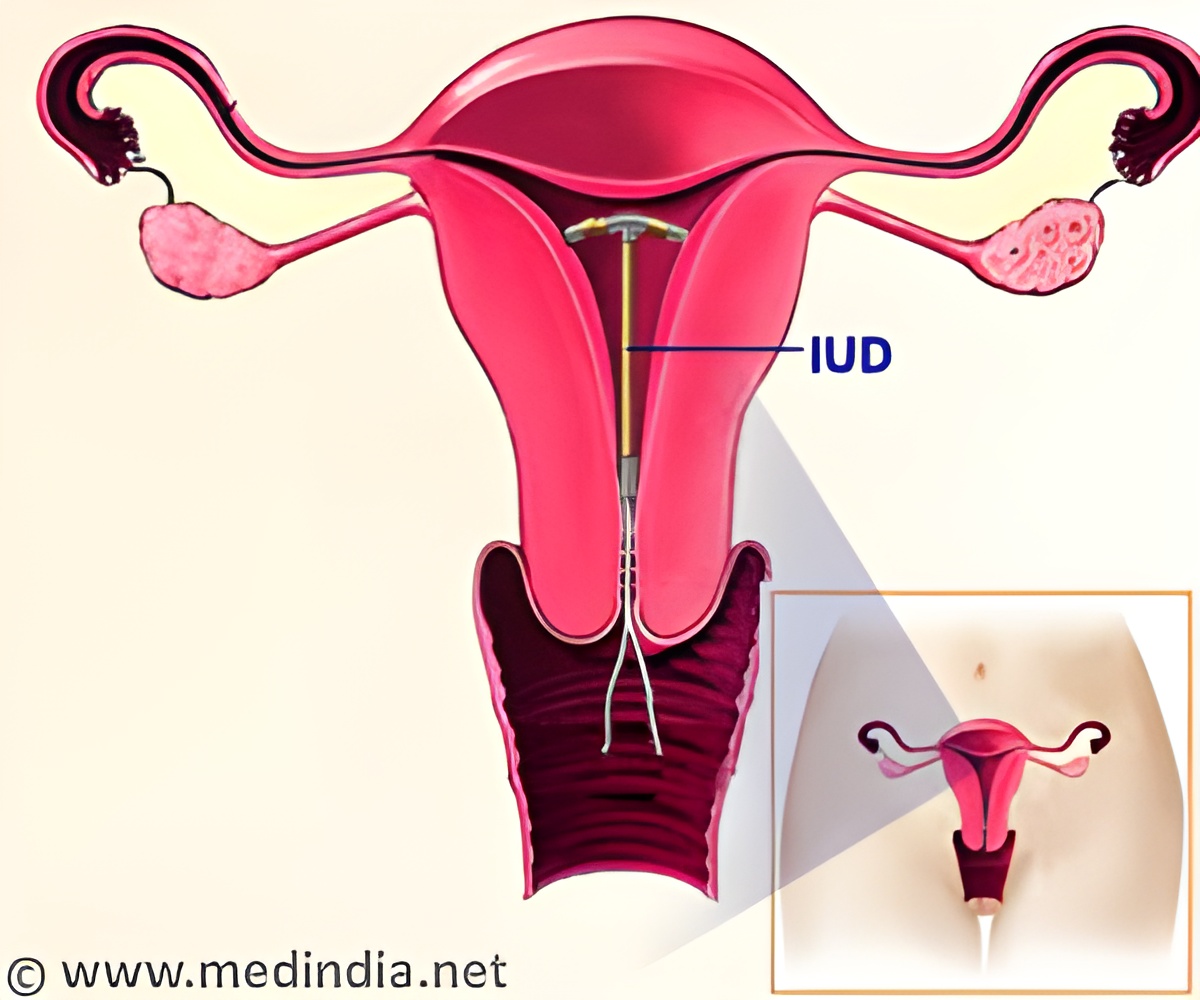Diabetic women can use intrauterine devices and subdermal implants as safe hormonal contraceptives to prevent the risk of heart events.

- Hormonal contraceptives are effective in preventing pregnancy.
- Women with diabetes are more likely to experience stroke and cardiovascular events.
- Intrauterine devices and subdermal birth control implants can reduce the risk of heart events in diabetic women.
TOP INSIGHT
Hormonal contraceptives such as intrauterine device and subdermal birth control implants are considered to be safe for women with diabetes.
"There are options that are safe and effective for all women, including those with diabetes."
Birth control methods that have a direct effect on the endocrine system is referred to as Hormonal contraception. These techniques prevent ovulation. Hormonal contraceptives are available in various forms such as pills, patch, vaginal ring, shots and intrauterine devices.
Doctors are unwilling to prescribe contraceptives for women with diabetes as it may increase the risk for heart attacks, strokes and blood clots. Diabetes patients are two to four times more likely to die from heart attacks.
The research study investigated the risks of heart diseases among diabetic women with differing types of hormone birth control devices.
The findings showed that 72% of diabetic women did not receive any prescription contraception. Sarah O’ Brien, associate professor, Nationwide Children’s Hospital, said,"This was alarming, since women with diabetes become pregnant as often as other women."
Intrauterine devices and subdermal implants were found to be less likely to be associated with thrombosis. Thrombolic events were found to be low and around 6.3 events per 1000 women every year.
Schwarz, said, that "The next step is to understand the best ways to share this information with women who have diabetes and make sure they are consistently offered a full range of contraceptive options."
Intra Uterine Device (IUD)
The intra uterine device is a long acting reversible contraception for women. It is a small T shaped device that is fixed inside the womb and works by preventing the fertilization of the egg.
Two types of IUD
Copper containing IUD
Hormonal IUD (Progesterone containing IUD)
Advantages
- Long acting
- Effective for about 99%
- Does not increase the risk of cancer
- Reduces menstrual bleeding
- Limited side effects as it contains low levels of hormones
Birth control implants is a flexible, matchstick size implant which is placed under the skin of the upper arm to prevent pregnancy. It is capable of preventing pregnancy for upto 4 years.
Advantages
- Can be used by women who cannot take estrogen
- Safe for women during breast- feeding
- Reduces menstrual cramps and pain at ovulation
- Sarah H. O’Brien et.al. Hormonal Contraception and Risk of Thromboembolism in Women With Diabetes. Diabetes Care ; (2016) https://doi.org/10.2337/dc16-1534
- Intra Uterine Device (IUD) - ( http://www.familyplanning.org.nz/advice/contraception/intra-uterine-device-iud)
- Birth Control Implant - ( https://www.plannedparenthood.org/learn/birth-control/birth-control-implant-implanon)
Source-Medindia
 MEDINDIA
MEDINDIA



 Email
Email










